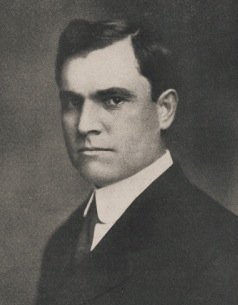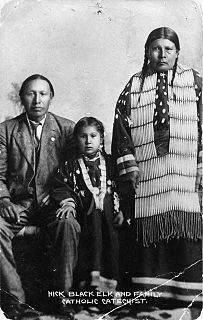A Quote by Jean-Paul Sartre
This is what I thought: for the most banal even to become an adventure, you must (and this is enough) begin to recount it. This is what fools people: a man is always a teller of tales, he sees everything that happens to him through them; and he tries to live his own life as if he were telling a story. But you have to choose: live or tell.
Related Quotes
The rabbis, the Jewish religious people, the priests of the temple of Jerusalem, they were learned fools. They could not tolerate Jesus. The learned fools are always disturbed by the blessed fools. They had to murder him because his very presence was uncomfortable; his very presence was such a pinnacle of peace, love, compassion and light, that all the learned fools became aware that their whole being was at stake. If this man lived then they were fools, and the only way to get rid of this man was to destroy him so they could. again become the learned people of the race.
Children, only animals live entirely in the Here and Now. Only nature knows neither memory nor history. But man - let me offer you a definition - is the storytelling animal. Wherever he goes he wants to leave behind not a chaotic wake, not an empty space, but the comforting marker-buoys and trail-signs of stories. He has to go on telling stories. He has to keep on making them up. As long as there's a story, it's all right. Even in his last moments, it's said, in the split second of a fatal fall - or when he's about to drown - he sees, passing rapidly before him, the story of his whole life.
No man could bring himself to reveal his true character, and, above all, his true limitations as a citizen and a Christian, his true meannesses, his true imbecilities, to his friends, or even to his wife. Honest autobiography is therefore a contradiction in terms: the moment a man considers himself, even in petto, he tries to gild and fresco himself. Thus a man's wife, however realistic her view of him, always flatters him in the end, for the worst she sees in him is appreciably better, by the time she sees it, than what is actually there.
That is what we must do when we fully know the purposefulness of life - live it gloriously by living it ecstatically. We can live it ecstatically only as we know the ecstatic nature of God and become like Him through being continually inspired by communion with Him. To become like Him, we must become aware of our identity with Him. We must know Him as Creator of all that is, and in so doing know ourselves as creator of all that is.
If the white man wants to live in peace with the Indian, he can live in peace. Treat all men alike. Give them all the same law. Give them all an even chance to live and grow. All men were made by the same Great Spirit Chief. They are all brothers. The Earth is the mother of all people, and all people should have equal rights upon it. Let me be a free man, free to travel, free to stop, free to work, free to trade where I choose, free to choose my own teachers, free to follow the religion of my fathers, free to think and talk and act for myself, and I will obey every law, or submit to the penalty.
When the father dies, he writes, the son becomes his own father and his own son. He looks at is son and sees himself in the face of the boy. He imagines what the boy sees when he looks at him and finds himself becoming his own father. Inexplicably, he is moved by this. It is not just the sight of the boy that moves him, not even the thought of standing inside his father, but what he sees in the boy of his own vanished past. It is a nostalgia for his own life that he feels, perhaps, a memory of his own boyhood as a son to his father.
Through the fall our nature was stripped of divine illumination and resplendence. But the Logos of God had pity upon our disfigurement, and in His compassion He took our nature upon Himself. On Tabor He manifested it to His elect disciples clothed once again most brilliantly. He showed what we once were and what we shall become through Him in the age to come if we choose to live our present life, as far as possible, in accordance with His ways.
Each of us chooses the tone for telling his or her own story. I would like to choose the durable clarity of a platinum print, but nothing in my destiny possesses the luminosity. I live among diffuse shadings, veiled mysteries, uncertainties; the tone of telling my life is closer to that of a portrait in sepia.
There is a fundamental moral difference between a man who sees his self-interest in production and a man who sees it in robbery. The evil of a robber does not lie in the fact that he pursues his own interests, but in what he regards as to his own interest; not in the fact that he pursues his values, but in what he chose to value; not in the fact that he wants to live, but in the fact that he wants to live on a subhuman level.
You've heard tales of beauty and the beast. How a fair maid falls in love with a monster and sees the beauty of his soul beneath the hideous visage. But you've never heard the tale of the handsome man falling for the monstrous woman and finding joy in her love, because it doesn't happen, not even in a story-teller's tale.






































